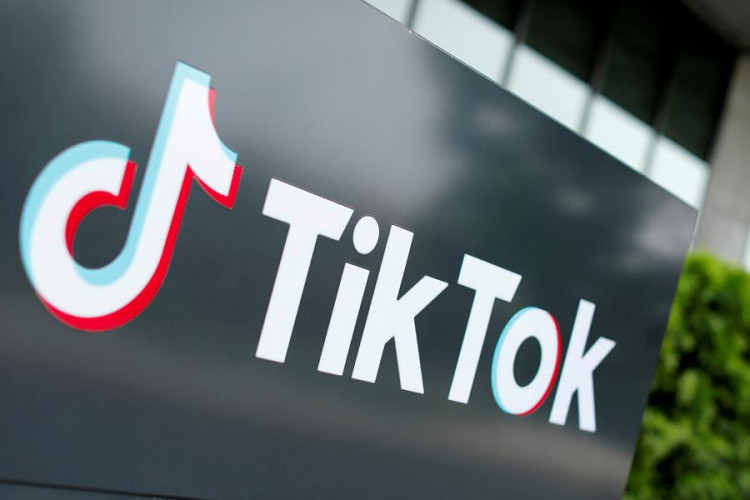The United States Congress has decided not to pursue legislation this year that could potentially address concerns around foreign-owned applications like TikTok, which have been under scrutiny for national security reasons. Senate Commerce Committee Chair Senator Maria Cantwell disclosed that while discussions and secure briefings on the matter occurred last month, a conclusive legislative approach is yet to be formulated.
TikTok's Influence and Legislative Stalemate
TikTok, a short video sharing app owned by Chinese company ByteDance, has more than 150 million users in the U.S. and has consistently refuted allegations of misusing American user data. However, the app's Chinese ownership has led to bipartisan concerns in Congress, culminating in various legislative efforts aimed at addressing or potentially banning the application.
Despite these efforts, bills focusing on TikTok have stalled, partly due to its popularity among young voters, which analysts believe might be a deterrent for lawmakers, especially in an election year.
Earlier legislative attempts, such as a bill by the House Foreign Affairs Committee, intended to mandate the Biden administration to effectively ban TikTok and other ByteDance subsidiaries. Despite this, the full House has never addressed the bill. Additionally, a recent U.S. court ruling blocked Montana's law prohibiting TikTok's use from January 1. The U.S. Treasury-led Committee on Foreign Investment in the United States (CFIUS) also demanded ByteDance divest its TikTok shares to avoid a ban, but no further action has ensued.
Political Debate and TikTok's Response
The White House had previously supported legislation proposed by Senator Mark Warner to grant the administration new powers to ban foreign technologies posing national security threats, including TikTok. Despite intense lobbying from TikTok, this bill has not been brought to a vote. The debate continues, with former South Carolina Governor Nikki Haley recently citing a survey to claim that TikTok usage increases antisemitic and pro-Hamas sentiments. TikTok has strongly refuted these claims, questioning the survey's methodology and asserting that Haley's statement is "100% false."
The ongoing deliberations in Congress, coupled with the legal and political debates surrounding TikTok, reflect the complex interplay of national security, foreign policy, and the influence of social media on public opinion. As the U.S. navigates these issues, TikTok's future remains uncertain, with the potential for more legislative and administrative actions in the coming years.





